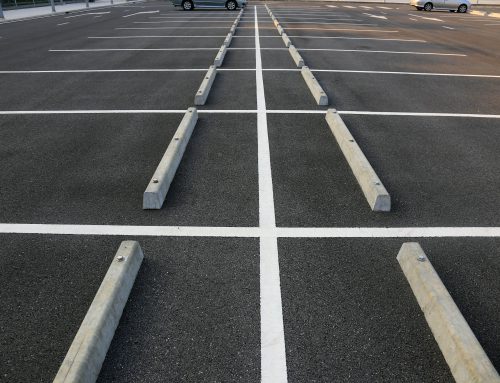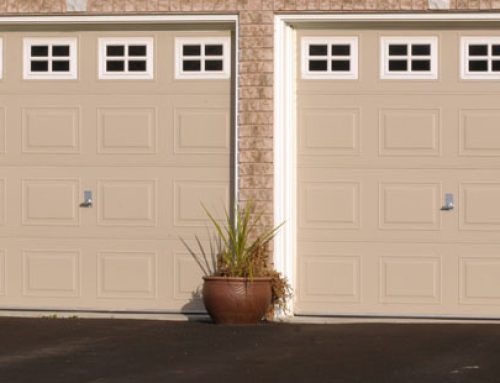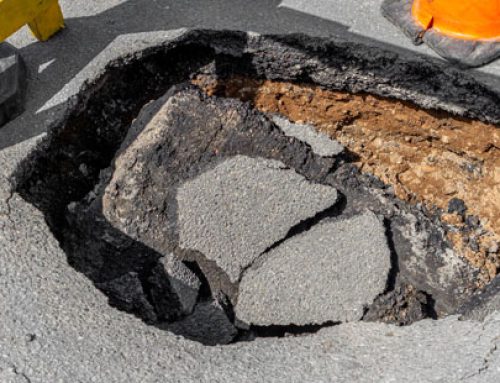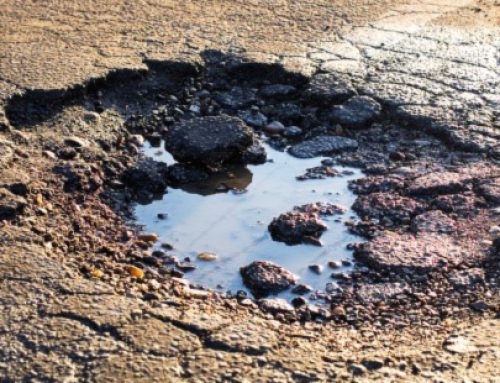When it comes to paving a driveway, there are many different options. If you’ve researched affordable paving surfaces, two options have probably come up the most – chip seal and asphalt.
So, what’s the difference? Which surface is better?
Both chip seal and asphalt have unique advantages and disadvantages depending on the paving project. To help you decide which one is best for you, here are some of the most common pros and cons of both.
What is Chip Seal?
Chip seal is a method of pavement that goes back over 100 years! It has been used to resurface driveways, rural roads, and parking lots.
Chip sealing uses the same materials as asphalt paving, but the construction method is different. First, a thin base layer of heated asphalt liquid is sprayed on the existing pavement. Then, small aggregates, or chips, are applied using a spreader box. Finally, a roller presses the chips into the asphalt to create a smooth paved surface.
Read More: Chip Seal Paving: What It Is and Why You Need It
Chip Seal Pros
- Various Appearances – While asphalt is only available in classic black, you can choose different top coatings for chip seal projects, including slate, granite, river rock, granite, and more. With a chip seal driveway, you can match your property’s style.
- Cooler – The lighter the color, the cooler your chip seal driveway will be. Because it’s not jet-black asphalt, the chip seal won’t absorb as much heat during hot Texas summers.
- Affordable – Chip seal is less expensive than asphalt driveways.
Chip Seal Cons
- Shorter Lifespan – Because of its low durability, chip seal is often used for low-traffic areas like driveways and private roads. Chip seal projects typically last 7-10 years (asphalt projects can last 20-30 years).
- Susceptible to Weather Damage – Chip seal driveways and roads are more susceptible to strong winds, ice, and snow. Luckily, this is rarely an issue for us in Texas!
What is Asphalt?
Asphalt is one of the most popular paving materials in the world due to its versatility and affordability. Paving asphalt is a mixture of petroleum byproducts, binders, fillers, and aggregates like sand and stones.
Read More: Why Choose Asphalt
Asphalt Pros
- Cost-Effective – Not only is asphalt less expensive to install than concrete, but it’s also cheaper to repair.
- Durable – Asphalt can handle more traffic than chip seal driveways and roads without being damaged. It can also handle the elements and heavy loads without failing. Properly maintained asphalt can last 20-30 years.
- Versatile – You can use asphalt in various climates and for many different projects, including driveways, roads, patios, sidewalks, and more.
Asphalt Cons
- Requires Regular Maintenance – Asphalt requires regular maintenance, including minor damage repair and sealcoating.
- Sensitive to Extreme Temperatures – Asphalt is sensitive to extreme temperatures. Though it’s designed to withstand high temperatures, scorching hot days can soften and weaken the surface. Extreme cold can make it more susceptible to chipping and cracking.
Premium Asphalt Paving & Sealcoating – Central Texas Paving You Can Trust!
There are advantages and disadvantages to both chip seal and asphalt. Our experts at Premium Asphalt Paving & Sealcoating can help you decide which surface is best for your paving project. Contact us today for a FREE estimate, and let’s get paving!








